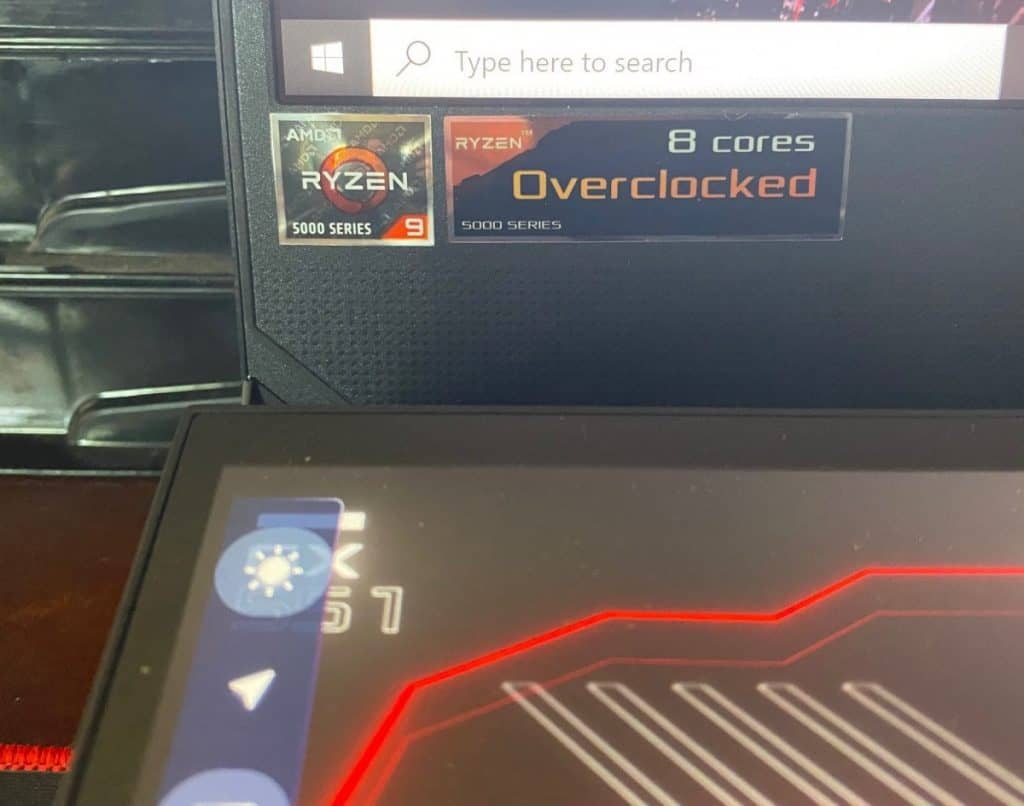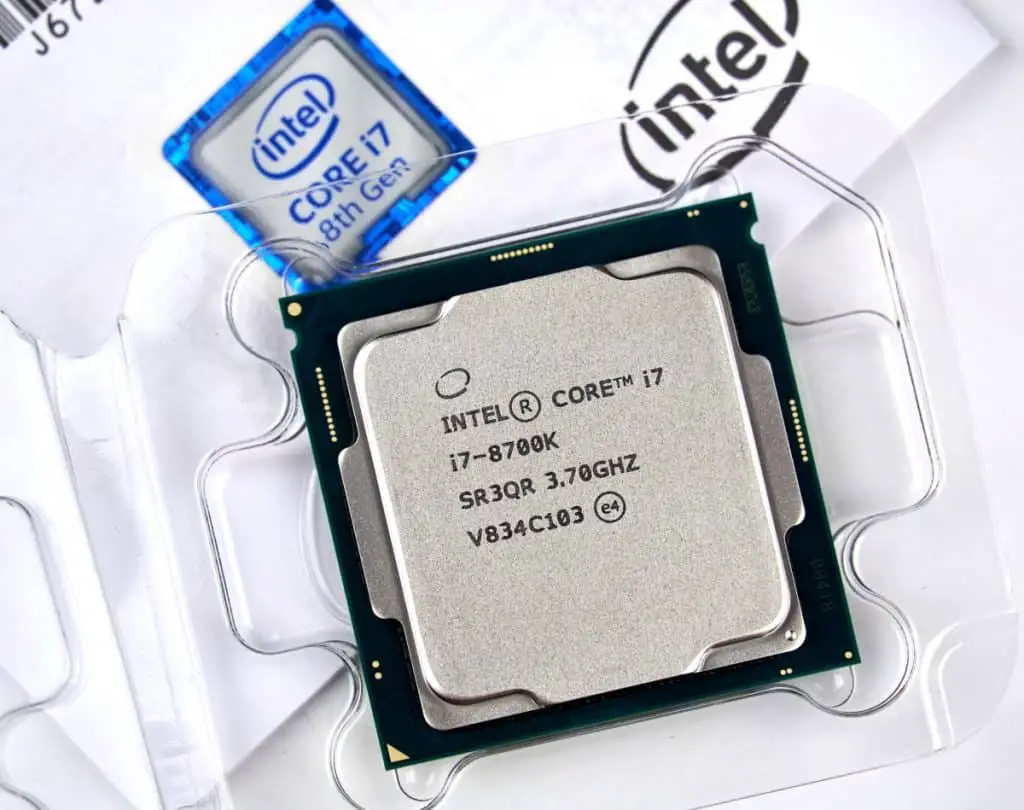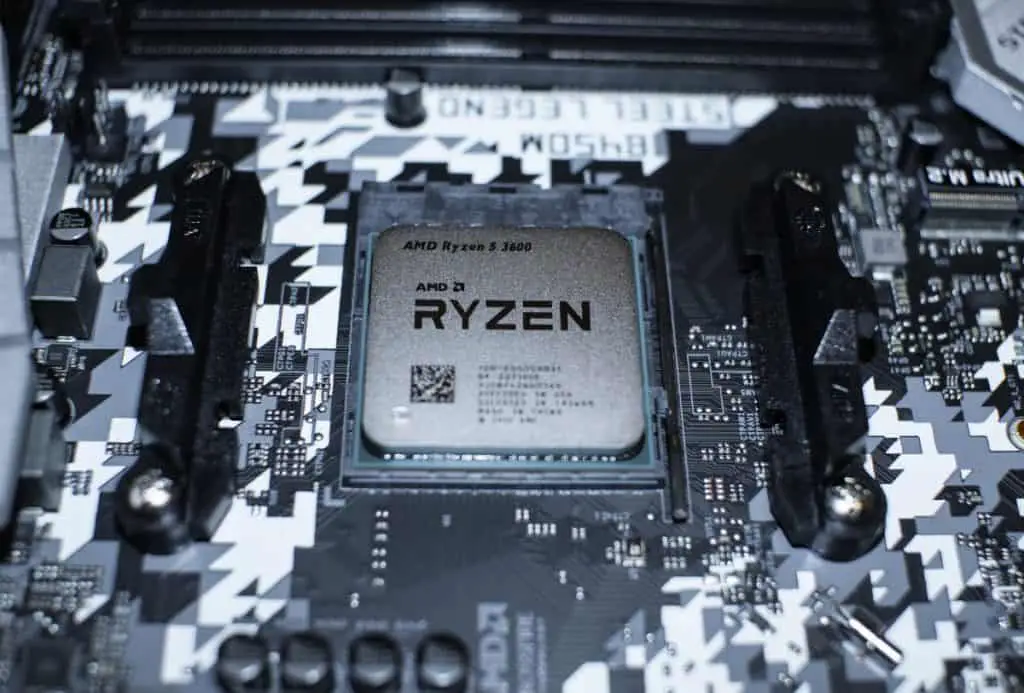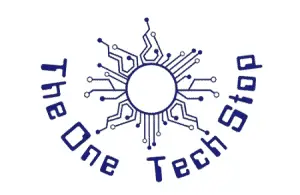Laptops and desktops differ a lot in terms of their appearance and size. While that is something that is quite obvious, the internals might not be as obvious to some people. This may lead you to think that laptops and desktops are basically using the same CPUs or processors. So, are laptop and desktop CPUs the same?
Laptop and desktop CPUs are not the same. While the processors of both these computers may come from the same company, the fact that laptop CPUs are smaller and more compact than the ones you find on desktops mean that they are made to be slower than their desktop counterparts.
As mentioned, laptops and desktops have different appearances and sizes, and that is where most of the differences between their internal components stem from. Of course, the CPU is one of the internal components that differ between laptops and desktops as they have to be designed differently so that they can function well enough according to what they are supposed to do.

Are laptop and desktop CPUs the same?
If you know anything about your computers, it would be that the brain of the computer is its central processing unit (CPU) or simply its processor. This holds true for both laptops and desktops. But, when you look at a laptop and compare it to a desktop, you would notice that the laptop is much smaller and more compact than a desktop. As such, are the CPUs in a laptop the same as in a desktop?
When you started learning more about computers in your basic computer literacy classes back in your middle school or high school years, one of the basics that you learned is that the computer functions on what is called the central processing unit or its CPU. The CPU, which can also be called the processor, is the brain of the computer as this is what allows the computer to be able to make complex decisions and perform complicated processes. Naturally, the more powerful the CPU is, the more the computer is able to perform multiple complex decisions.
So, in relation to that, both the laptop and the desktop are computers that need processors to run their different processes. In that regard, they are not so different from one another as both these computers require a CPU to function and to perform some of the more complex tasks that they are capable of doing. And, in truth, other than the fact that laptops are just smaller and more compact than desktops, both of these computers require similar components that are all led by the CPU.
However, as much as we would like to think that laptops and desktops are different from one another because of how they are made for different purposes, you might think that they have the same CPUs in the sense that you can actually interchange the processor of a laptop with that of a desktop’s. So, are laptop and desktop CPUs the same?
The truth is that, while most laptops and desktops do have CPUs that come from the same company or manufacturer, they are nevertheless designed to be different from one another precisely because laptops and desktops are machines that are entirely different from one another in terms of design and form factor.
Of course, if laptop and desktop CPUs are made to be the same, there is no reason why desktop computers need to be as large and as they are in comparison to laptops, which are still very compact even if you look at laptops with the most powerful laptop processors around. They are just very different from one another even though the CPUs of both the laptop and the desktop have the same jobs with respect to what they do for the computers that they serve.
What are the differences between laptop and desktop CPUs?
So, now that we have said that laptop and desktop processors are different from one another, what exactly makes one different from the other? What are the differences between laptop and desktop CPUs? To answer that question, we have a shortlist of the differences between laptop and desktop CPUs.
Size
First of all, the thing that would immediately pop out when you compare the processors of both a laptop and a desktop is that the laptop has a much more compact CPU compared to the larger processor that you can find on a desktop. Of course, the laptop’s CPU was designed to be smaller so that it can actually fit in the smaller frame that laptops usually sport. But because desktop computers don’t care about how much space they can take up, their CPUs can be as large as possible depending on the power and capacity of the CPU.

Power consumption
Another difference between the CPUs of a laptop and a desktop is how much power they can draw out. The fact that a laptop is supposed to function on its battery during certain stretches means that its processor should only be able to draw out a limited amount of power from the battery or else the battery would end up getting drained quickly. This is true even if you do use your power adapter on your laptop. Meanwhile, because desktop computers are made to work while being connected to the power outlet, they have CPUs that are made to draw out more power.
Cooling
This is usually the part where most desktop CPUs actually differ a lot in comparison to their desktop counterparts. Because of the very fact that desktop CPUs are larger, they usually come with their own integrated cooling system so that they won’t end up overheating with all of the power that they can draw out of the power outlet. On the other hand, because laptop CPUs don’t draw a ton of power and are lacking in space, they don’t usually have their own integrated cooling system and would much rather rely on the laptop’s own cooling system for cooling.
Clock speed
When you look at the different processor names in the CPUs of both a laptop and a desktop, it is easy to think that they are actually similar because they have similar names. For example, if your laptop and your desktop both have i7 processors, you might think that they are the same and that the laptop processor can have clock speeds that are similar to its desktop counterpart. However, desktop computers are made to have processors that have higher clock speeds precisely because they are bigger and can draw out more power. This means that desktop processors are capable of executing more instructions per second due to how they have higher clock speeds.
Number of cores
In relation to the size of the CPUs found in both the laptop and the desktop, the laptop cannot afford to have more cores compared to the desktop. Think of the different cores as different parts of the brain that can each perform their own specific functions. While an i7 laptop processor might have the same specs as an i7 desktop processor, the fact that the desktop has more cores allows it to have a higher performance. Even an i5 desktop processor with more cores can possibly outperform an i7 laptop processor with fewer cores.

Which between laptop and desktop CPUs is better?
Now that you know what makes a laptop CPU different from its desktop counterpart, you might be asking yourself which between the two is better than the other. So, in that regard, there is no doubt that a desktop CPU is much more powerful than its laptop counterpart because of the very fact that it is bigger and is much more capable of drawing out more power.
However, you have to understand that these CPUs were designed for different purposes. Even if a desktop processor is supposed to be more powerful, it wasn’t made to be used on a compact machine such as a laptop. Meanwhile, laptop CPUs might be weaker in comparison but the fact that they are capable of performing at amazing speeds despite how small they are, makes them amazing in their own right as well.
Conclusion
The fact that a laptop is a compact machine in comparison to the desktop means that the laptop cannot hold a bigger and more powerful CPU. While laptop CPUs are becoming faster and faster every single year, the larger desktop counterparts are still much more capable. And that is why both these processors are not interchangeable with one another as both were made for different purposes.
